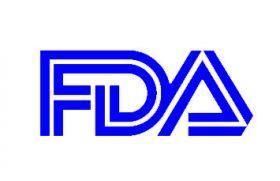
The US Food and Drug Administration (FDA) has awarded 84 grants worth US$18.5m in fiscal year 2010 to help US state and local regulatory agencies defend against and respond quickly to threats to the food supply and to outbreaks of foodborne diseases.
The grants fund major cooperative agreements in four major areas: response, intervention, innovation, and prevention, according to a statement from the agency.
“We are excited to award these grants in an effort to provide greater food and feed safety and defense capabilities to better serve the citizens of the US,” said Joseph Reardon, director of the FDA’s Division of Federal-State Relations.
“These cooperative agreements are another step in the FDA’s continuing efforts to build an integrated food safety system between federal, state, and local partners.”
The grants, recipients, and programmes include:
Response: Rapid Response Teams
The Food Protection Rapid Response Team (RRT) and Program Infrastructure Improvement Prototype Project cooperative agreements will develop, implement, exercise, and integrate an all-hazards food and foodborne illness response capability to more rapidly react to potential threats to food supply.
Intervention: Food Safety and Security Monitoring
The grants for Food Safety and Security Monitoring provide funding to Food Emergency Response Network (FERN) laboratories. FERN laboratories provide additional capacity to analyse food samples in the event of foodborne disease outbreaks or other large-scale food emergency events. These samples could be foods and/or environmental samples related to foods, and will be collected by federal, state, or local agencies.
Innovation: Innovative Food Defense
The Innovative Food Defense Projects grants are awarded to generate products that complement, develop, or improve state and local food defense programmes. These products could then be applied to food defense programmes nationwide.
Prevention: Food Protection Task Force Programme
The Food Protection Task Force Conference programme supports meetings that foster communication, cooperation, and collaboration among state, local, and tribal food protection, public health, agriculture, and regulatory agencies within a respective state.



